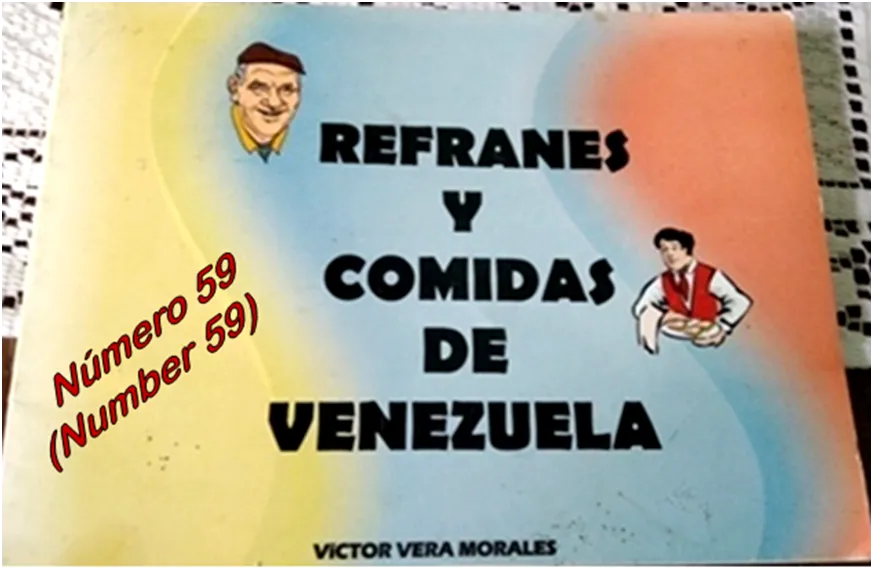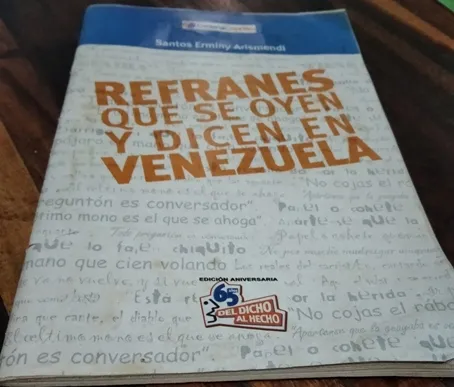

Imagínense lo que significa caerse de una mata de coco, la altura es considerable, son plantas altas, así que el golpe es muy fuerte. Ahora bien, cuando se usa este refrán, se hace referencia a que alguien que esperaba una respuesta afirmativa, y al final recibe una negativa, por lo que experimenta una gran decepción, es decir, se cayó de una altura, se cayó de una mata de coco.
La muerte es lo más certero que tenemos todos los seres humanos. La única condición para experimentarla, es estar vivos; sin embargo, la idea es que la muerte sea un proceso gentil y suave, que ese tránsito sea algo fluido y no traumático. Cuando se usa este refrán, se alude a que cada quien recibe al morir lo mismo que sembró durante toda su vida. También es un refrán de advertencia, haciendo un llamado a los demás, de que deben actuar con bien, con compasión y respeto.
Es un refrán que señala la hipocresía. Se refiere a aquellas personas que hacen algo o actúan mal, y lo hacen a escondidas, de forma oculta, para que los demás no se den cuenta de lo que hizo. Es un refrán muy sabio.
Señala este refrán, que en tiempos difíciles, cualquier recurso es bueno para resolver la necesidad que se tenga. Habiendo hambre, no hay remilgos para comer un pan, así esté duro o viejo.
Este dicho señala que una persona es terca, y que reitera una idea de forma obsesiva, entonces, se tilda de demente, de loco, para indicar que tiene su propia manera de pensar.



Imagine what it means to fall from a coconut tree, the height is considerable, they are tall plants, so the blow is very strong. Now, when this saying is used, it refers to someone waiting for an affirmative answer, and in the end he receives a negative, for which he experiences a great disappointment, that is, he fell from a height, he fell from a coconut tree.
Death is the safest thing that every human being has. The only condition to experience it is to be alive; however, the idea is that death is a smooth and gentle process, that this transit is fluid and non-traumatic. When this proverb is used, it refers to the fact that each person receives what they sowed during their entire life when they die. It is also a warning refrain, calling on others to act with kindness, compassion and respect.
It is a saying that points out hypocrisy. It refers to those people who do something or act badly, and do it secretly, in a hidden way, so that others do not realize what they did. It's a very wise saying.
Point out this saying, that in difficult times, any resource is good to solve the need that one has. Being hungry, there are no qualms about eating bread, even if it is hard or old.
This saying indicates that a person is stubborn, and that he obsessively repeats an idea, then he is labeled as insane, crazy, to indicate that he has his own way of thinking.

Dear readers, I will post the links to number 58 below, in case you want to read it:
Víctor Vera Morales. (Agosto 2004). Refranes y Comidas de Venezuela. Editado por el Instituto Municipal de Publicaciones de la Alcaldía de Caracas.
Santos Erminy Arismendi. (2006). Refranes que se oyen y dicen en Venezuela. Cadena Capriles, Caracas. Venezuela.
- Fotos de mi autoría, tomada con un teléfono REDMI 8A, intervenida con WordArt / Photos of my authorship, taken with a REDMI 8A telephone, intervened with WordArt.
- Los diseños incluidos en esta publicación, han sido elaborados por mi persona con la aplicación CANVA / The designs included in this publication has been made by me with the CANVA application.
In the event that it is required to use the content or images of this post and my other publications, I would be grateful if my authorship (Fabiola Martínez) was made and the corresponding link was cited. Thank you.

 Delegations welcome!
Delegations welcome!


